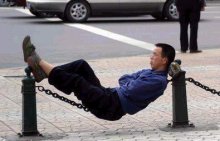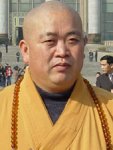The classification of Chinese martial arts into two families—internal and external—is generally accepted without question. Despite its popularity, the precise definition and significance of these families is not universally agreed upon.
What is the origin of the internal/external categorization? And what should it mean to you as a martial artist?

 Shaolin Soccer
Shaolin Soccer